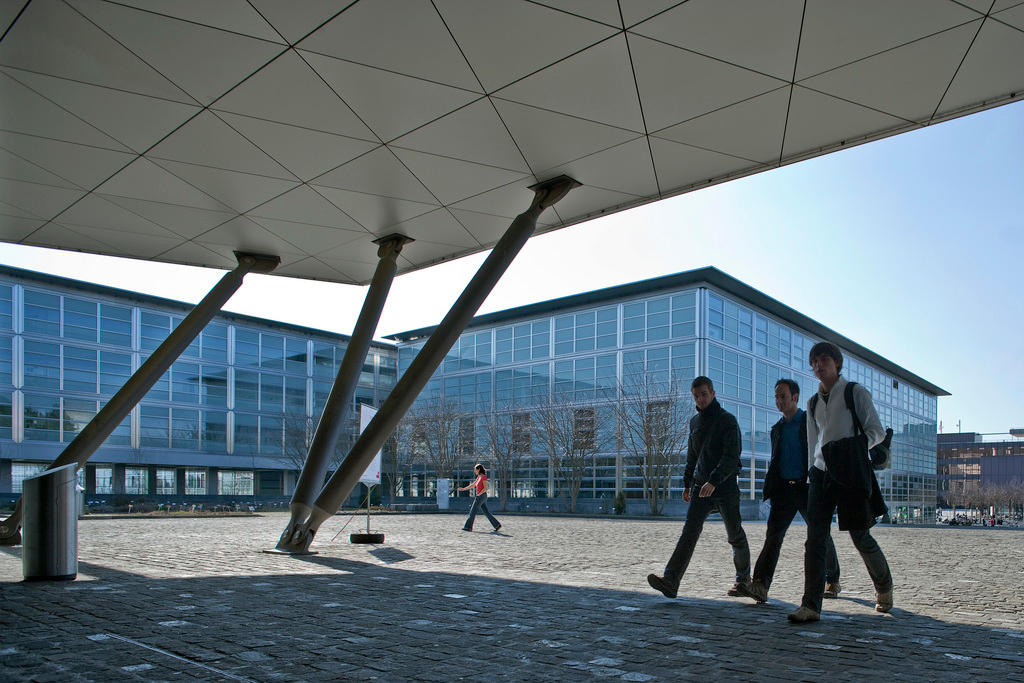University bullying case brings ‘professor power’ into question

Two professors at the prestigious Federal Institute of Technology ZurichExternal link (ETHZ) have been placed on leave following allegations that they bullied doctoral students, the NZZ am Sonntag newspaper has revealed.
The alleged bullying ranges back more than ten years, raising concerns that professors might enjoy too much power at Swiss universities.
The allegations centre on an unnamed female professor who set up the university’s Institute for Astronomy with her husband in 2002. She is accused of subjecting numerous students to late-night badgering on minor issues, such as posture, and of having an overbearing, condescending manner.
Female students were told to spend less time applying make-up and put more effort into research, the newspaper report says. “My time at ETH was the darkest episode of my career,” one anonymous student told the NZZ am Sonntag.
ETHZ has now placed both professors on sabbatical while it investigates the matter. The university, regularly ranked as one of the top ten in the world, said it would not comment while the investigation is ongoing.
Reforms
The case has led to some academics demanding a reform of universities to restrict the power of professors over students and set up conflict resolution protocols.
“Doctoral students have little leeway if they are exploited,” said Caspar Hirschi of the University of St Gallen. “It can only work out if the professor possesses a high degree of moral integrity.”
Oriana Schällibaum at the University of Zurich recognises that professors can exercise great power over the careers of students and researchers.
“There are of course many good, benevolent professors who look after and support their doctoral students,” she said. “But if something goes wrong, there can be a great fear about defending oneself.”

In compliance with the JTI standards
More: SWI swissinfo.ch certified by the Journalism Trust Initiative










You can find an overview of ongoing debates with our journalists here . Please join us!
If you want to start a conversation about a topic raised in this article or want to report factual errors, email us at english@swissinfo.ch.